How can you add tension, drama and suspense to a documentary?
Filmmaker Question (Ben from England):
I am making a documentary about a school in India that helps deprived children by teaching them english and western and indian music. This school has also helped the local community by helping the local village get a tube well.
What I am stuck on is that I want to make this film more exciting through tension obstacles and dilemmas, but I am struggling with this.
Do you have any tips to add tension to something such as filming at a school which could easily come across as boring?

Best Course For This Topic: Documentary Storytelling & Scriptwriting 101 Essentials
Desktop Documentaries Answer:
Hi Ben, this is a fantastic question. The producers of reality television are masters at this. They take "real" people and put them in a situation where there is likely going to be more drama than would have happened naturally. For example, coordinating the meet-up of two people who dislike each other and then let the drama play out.
This is the reason that "reality" television gets a bad reputation for not being "real" since a lot of the situations and scenarios were planned out in advance. What happens in reality television is not considered journalism or traditional "observational" documentary filmmaking.
Real journalism requires much patience and documenting events that happen naturally without any interference from the reporter.
Okay, so back to your question. Again a really good question.
So where is the line between "creating" drama for the camera and figuring out in advance if a story is going to make for a good dramatic and visual story?
If for example you're making a historical documentary, then you can look back in the past and see where the most dramatic events took place and tell those stories.
For a story like yours where you are documenting the story as you go, you have two choices.
You can "create a scenario for drama" like the reality television producers, or you can place yourself with a camera at various locations where you anticipate there might be something interesting that may happen.
An example of this is attending a "protest" or a riot. More than likely you will capture some kind of drama or conflict. Whereas if you show up for nap time at someone's house, you can only guess how much interesting footage you'll get.
Without knowing all the ins and outs of your particular story, it's hard to guide you on where the interesting tidbits might be for you to document.
To determine your story angle and shooting style, you must first answer these questions:
"Who is your audience, where will this documentary be shown and what is your purpose in creating this documentary?"
If you are creating an informational film to try and raise money for the school, you want to seek out "success" stories and simply tell the background story of this school. There doesn't need to be "traditional" drama (people fighting) as long as you are telling an engaging story that will be of interest to your audience.
Hearing the inspiring story of one of the students can be very effective. Or learning the "background" story of how the school got started could be very interesting (to an audience who is interested in the school or the type of work the school is doing).
Your drama or tension could be the "fight with poverty" or the "obstacles faced by the founders when they started the school". Or it could be the tension and drama faced by the students before they came to the school (their background stories). The drama and tension is telling the story of how they overcame these obstacles.
Reply From Ben:
Hi, thanks for the feedback. Since asking this I have had a few further ideas on how to create drama.
I think in documentaries drama is primarily down to getting dramatic interviews, so the --more time you spend on interviews the better:
What they struggle with/find challenging?
Whats at stake? e.g. if she doesn't get her desired grades.
What opposition they faced?
Do they have anyone they feel competitive with?
How did they resolve these challenges?
It is important to ask these questions over a large time span (from several months to several years) as then you will see the subjects progressing and overcoming the challenges and dilemmas in their lives.
This worked well in Hoop Dreams, which being filmed over 8 years we could see how William and Arthur progressed with their dreams to become basket ball players.
I am aware that a lot of filmmakers don't have this amount of time to make a film but certainly returning a year later you will see changes.
Identify the documentaries 'burning' question (key theme). This question must intrigue others who want to know how it will be resolved. This question doesn't need to be asked directly but it will certainly help gain the audiences attention.

Best Course For This Topic: Documentary Storytelling & Scriptwriting 101 Essentials
Your Experience
Thanks to Ben for sharing his story. What are YOUR questions and ideas about how to create tension, drama and suspense in your documentary? Please share below....
Learn How To Create Compelling Films
Documentary Storytelling and Scriptwriting Masterclass
with Oscar-Nominated Daniel Raim
Other Articles You May Enjoy:
Ready To Make Your Dream Documentary?
Sign up for our exclusive 7-day crash course and learn step-by-step how to make a documentary from idea to completed movie!
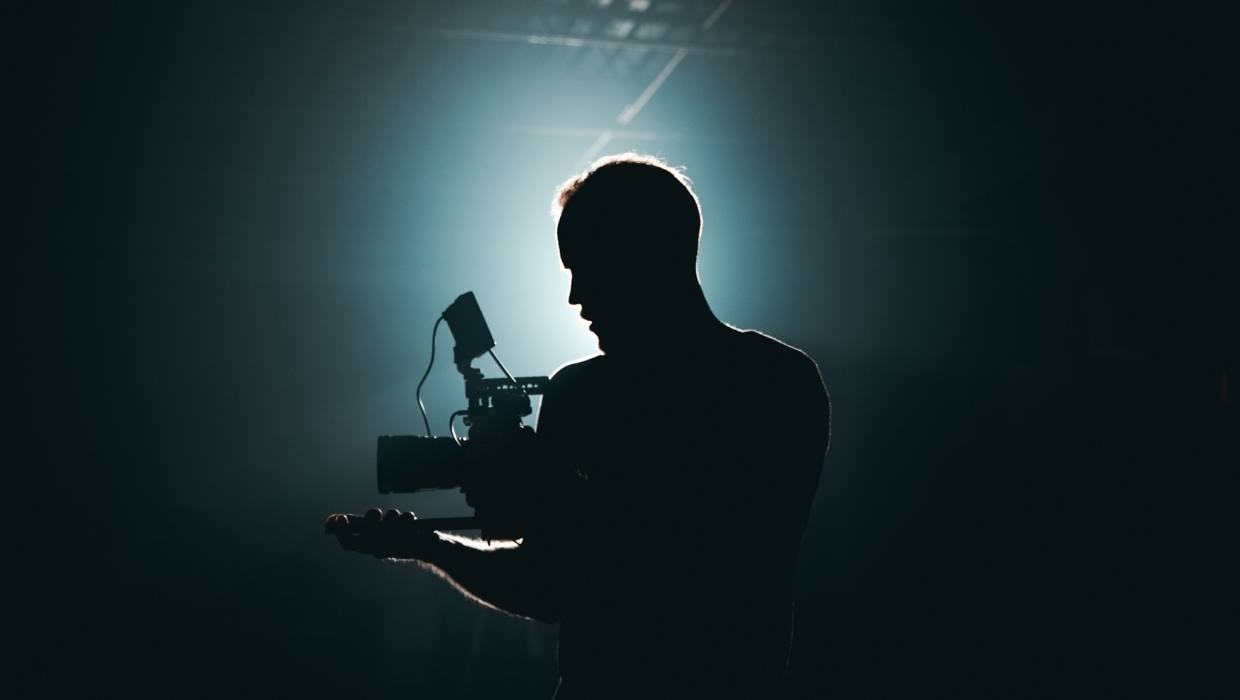



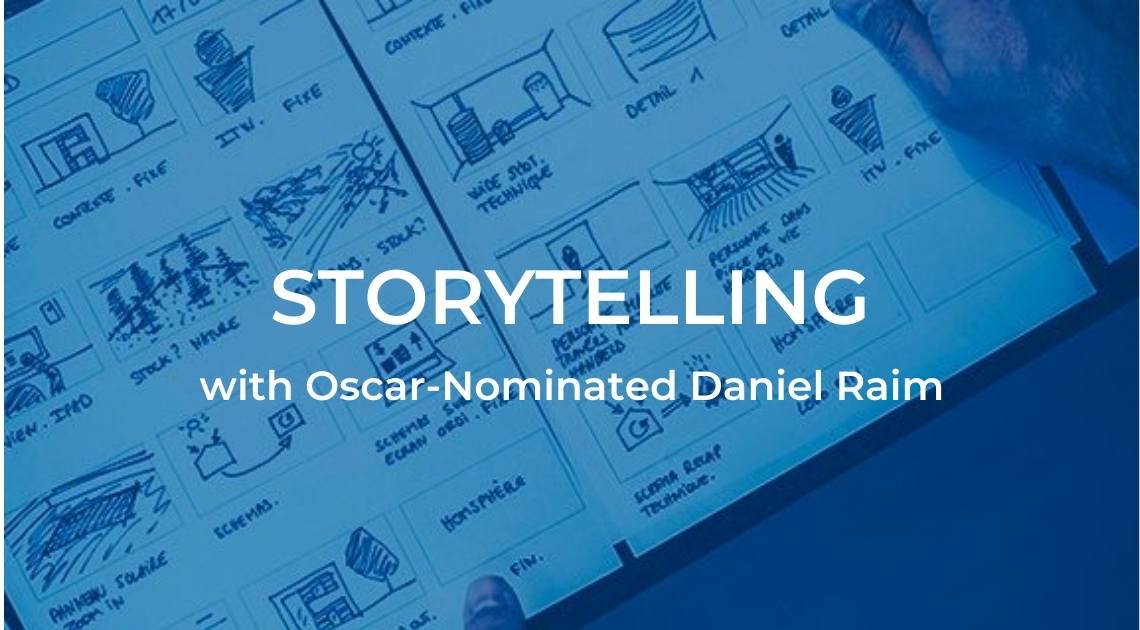
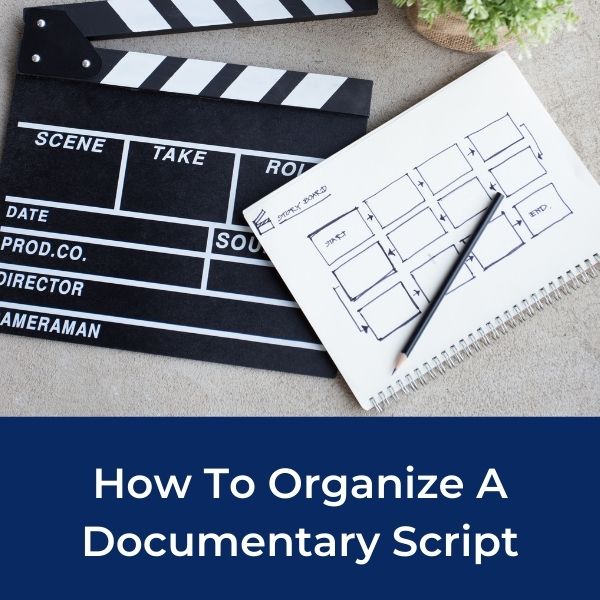
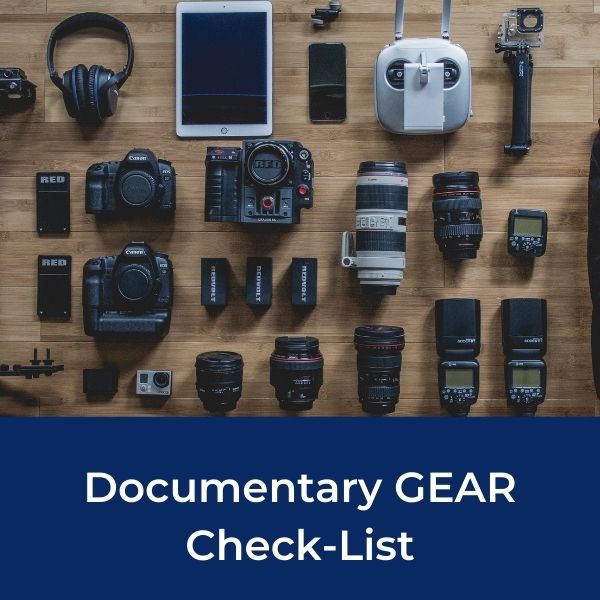


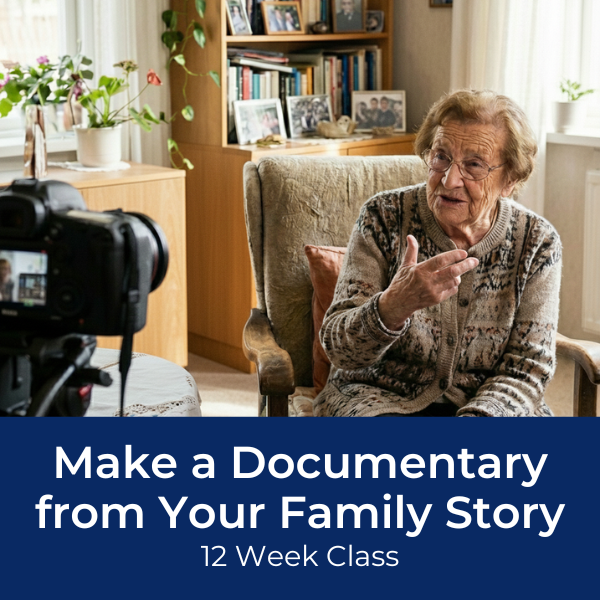


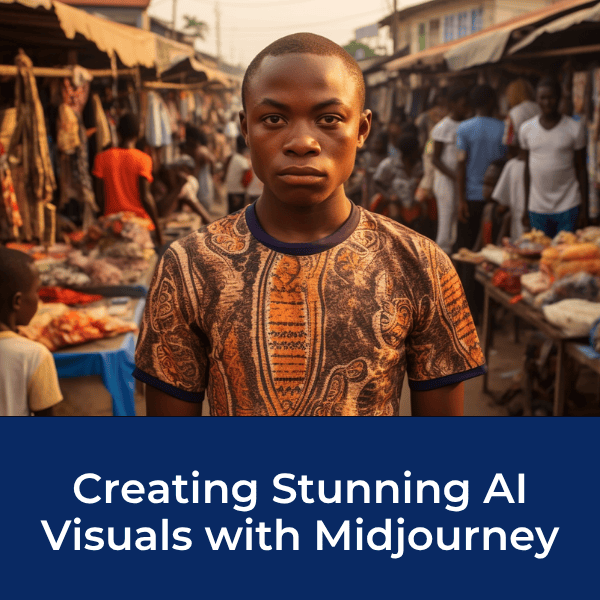








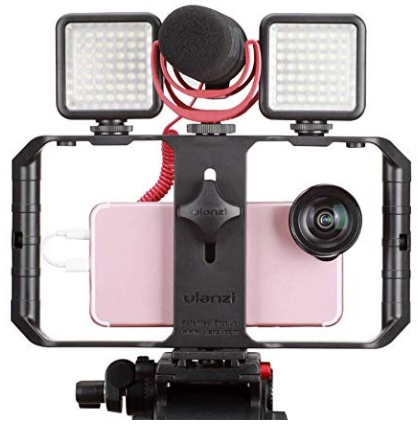
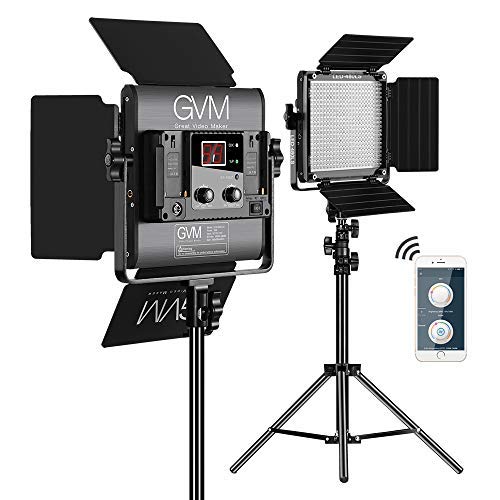

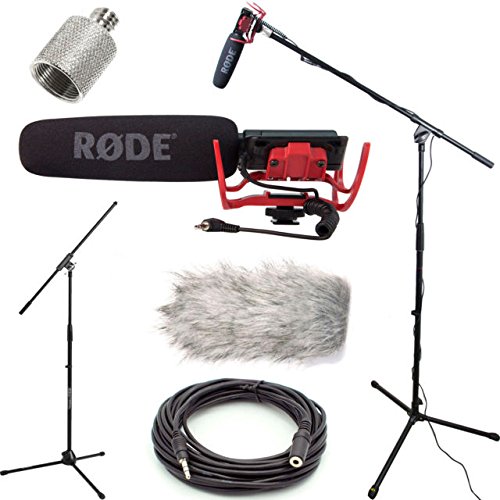
New! Comments
[To ensure your comment gets posted, please avoid using external links/URL's]